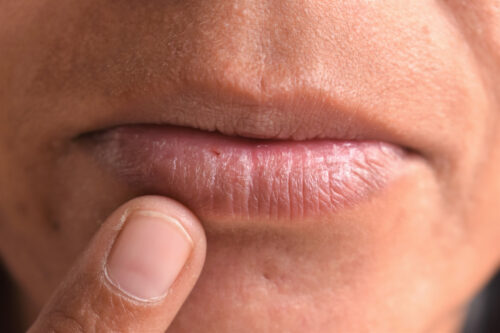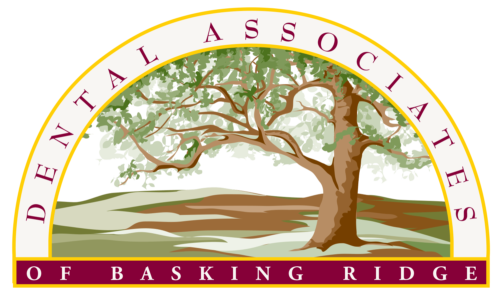
You may notice dryness in your mouth if you’re not producing enough saliva. While you may not think this is a big deal, insufficient saliva is a significant issue that can negatively impact your oral health. Saliva helps prevent tooth decay by washing away the sugar and food particles left behind on your teeth. When you don’t have enough saliva, you will encounter issues when chewing, swallowing, tasting, and digesting foods. For some, having a dry mouth is just simply annoying. However, for others, it can significantly affect their general health and the health of their teeth and gums. Therefore, if you have any symptoms of dry mouth, also known as xerostomia, it’s in your best interest to schedule an appointment with our proficient New Jersey Dental Team, who can help you with treatment to avoid further complications. Please continue reading to learn about the different causes of xerostomia.
What are the symptoms of xerostomia?
Firstly, it’s crucial to understand that we all need saliva to keep our mouths wet, cleanse our mouths, and digest food. When the salivary glands in the mouth don’t produce enough saliva to keep your mouth wet, you lose a protective barrier as saliva prevents infections by controlling the bacteria in your mouth. The following include but are not limited to some of the symptoms of xerostomia:
- A sticky or dry feeling in your mouth
- Thick and stringy saliva
- Sores in the mouth or cracked lips
- Frequent thirst
- Bad breath
- A dry or sore throat and hoarseness
- Problems speaking, chewing, and swallowing
- Problems wearing dentures
- A dry, red, raw, grooved tongue
- A burning or tingling sensation in the mouth
- A changed sense of taste
What are the common causes of dry mouth?
Unfortunately, there are numerous causes of xerostomia. However, the most common cause is medication side effects. There are hundreds of medicines, including many that are accessible without a prescription, that can cause dry mouth. Some medications have a heightened risk of causing oral problems, like those for high blood pressure, depression, and anxiety, as well as some muscle relaxants and pain relievers. Another common cause of dry mouth is aging. As we age, specific changes in how our body processes medicines, poor nutrition, and long-term health conditions can cause dry mouth.
Furthermore, cancer therapy such as chemotherapy can change the nature of saliva and the amount produced. Essentially, tradition can damage the salivary glands, reducing saliva production. An injury or surgery that causes nerve damage to the head and neck can also cause xerostomia. Dehydration, snoring, and lifestyle choices like smoking and alcohol use can also aggravate dry mouth.
If you believe you have xerostomia, please don’t hesitate to contact our skilled dental professionals at Dental Associates of Basking Ridge, who can help you determine the appropriate treatment to improve your oral health.






